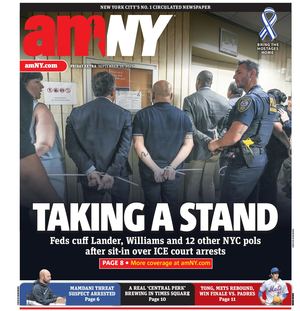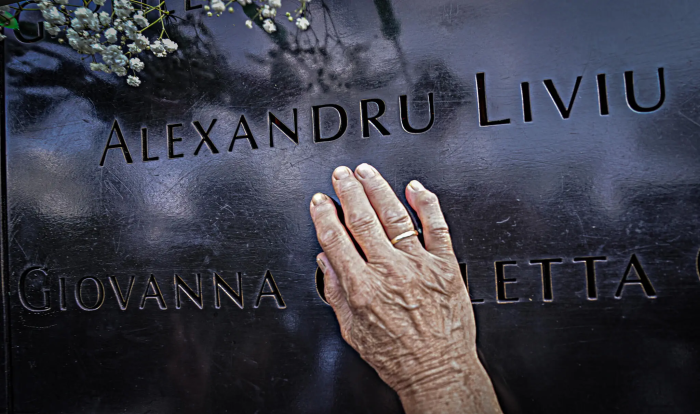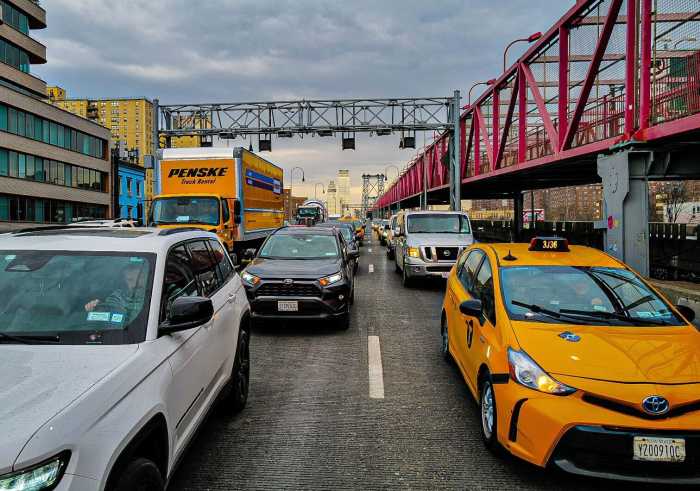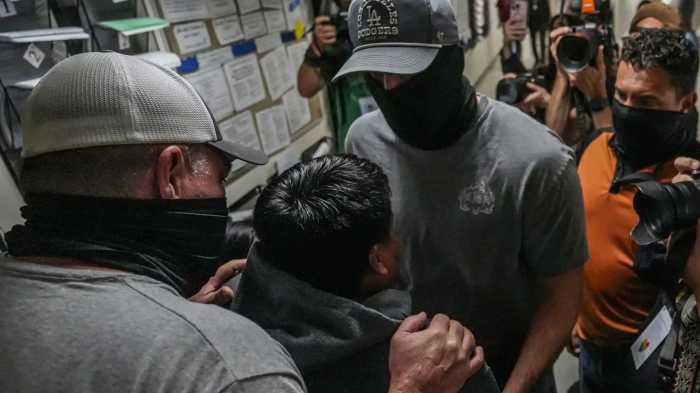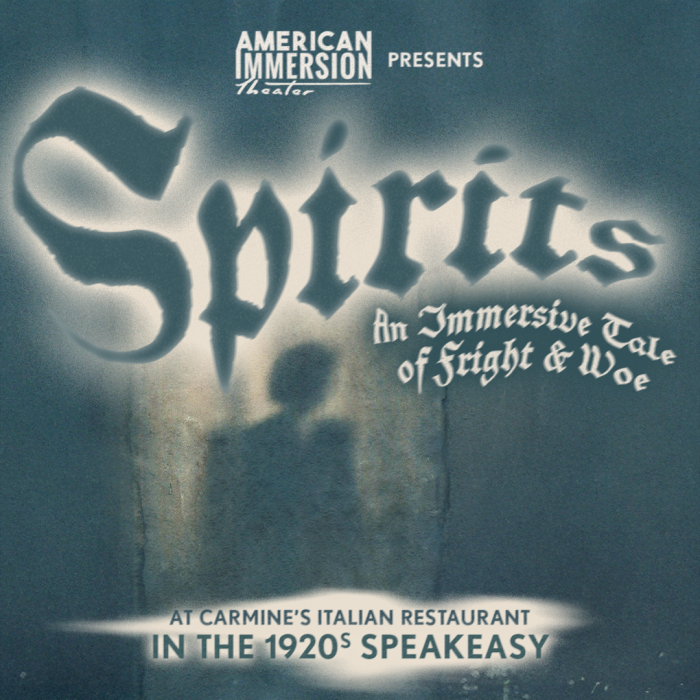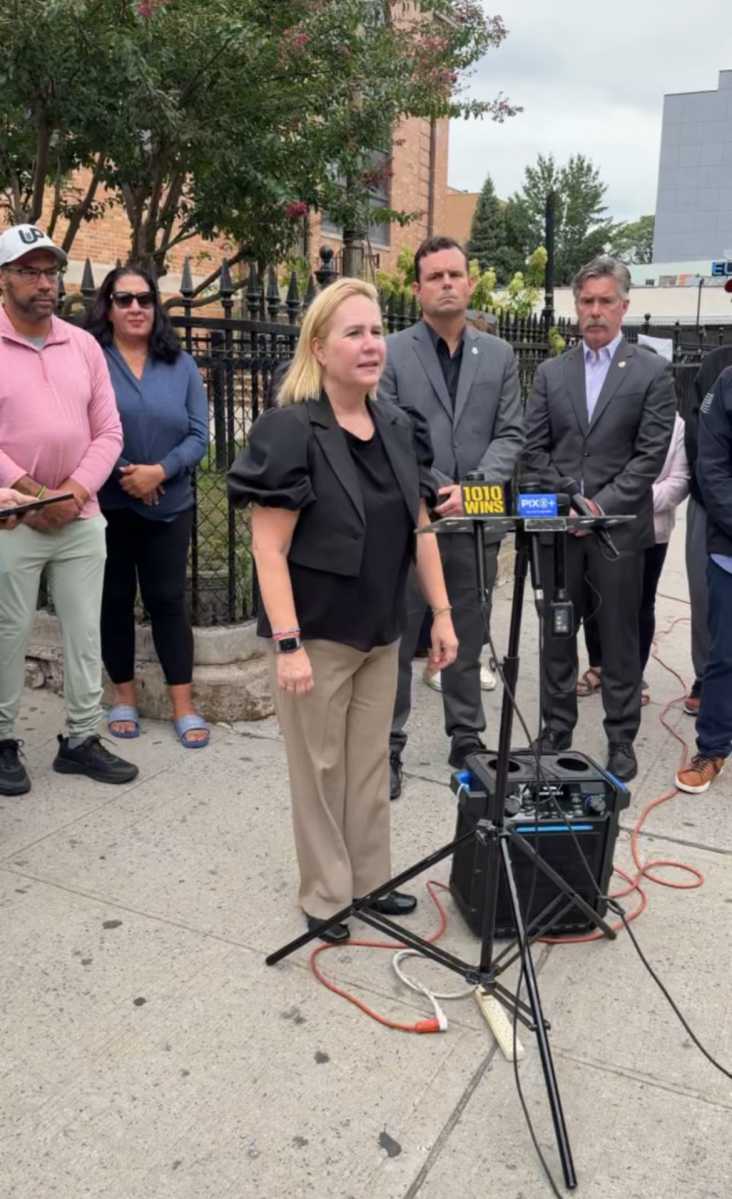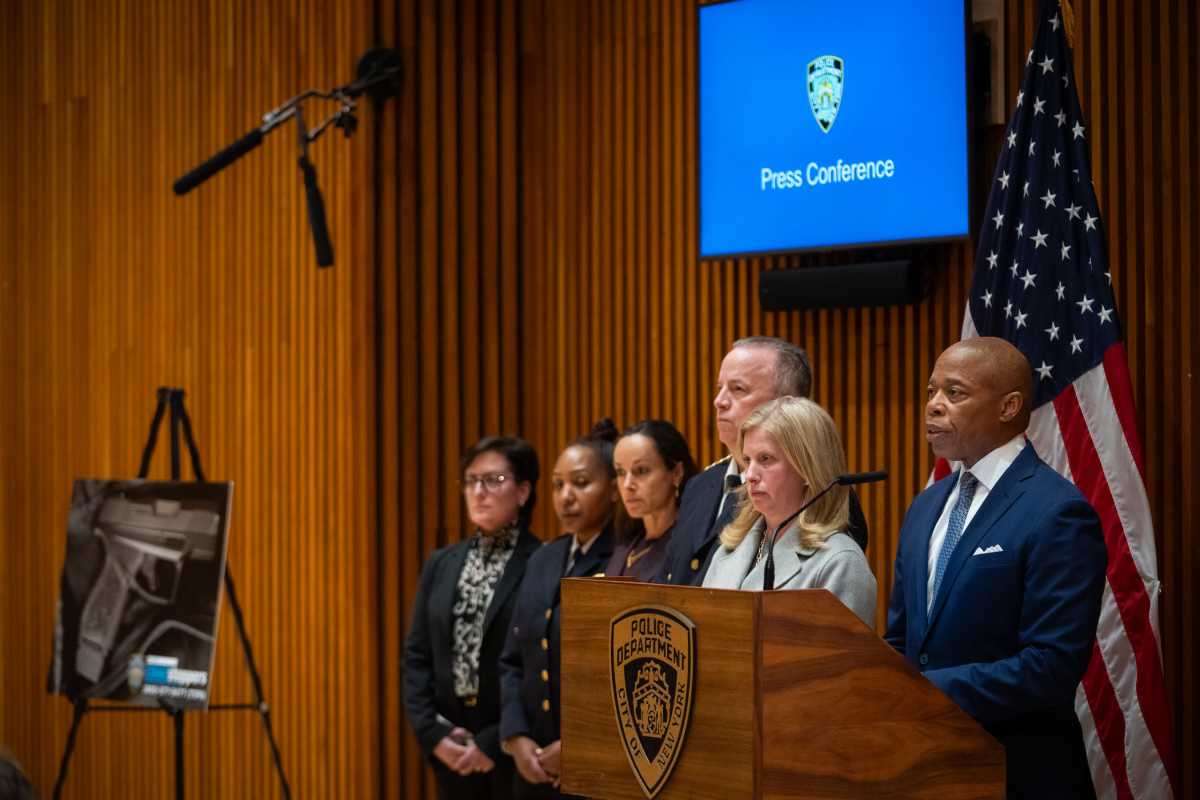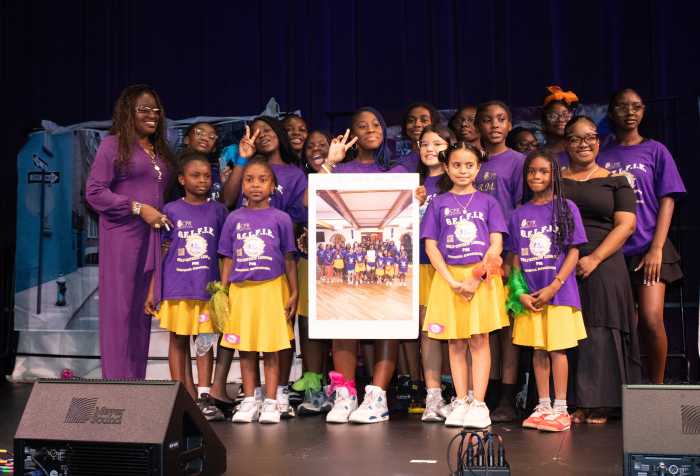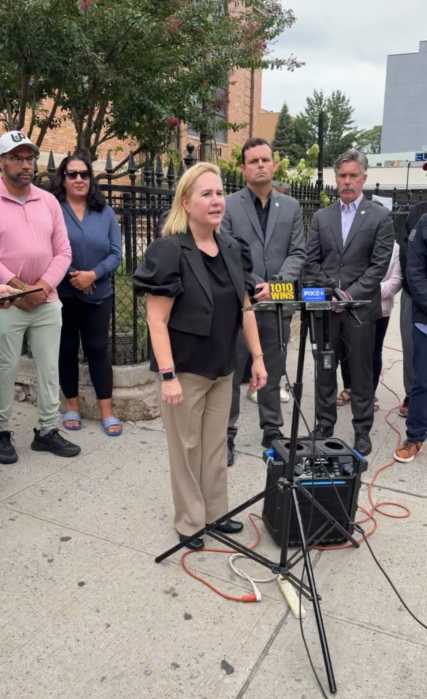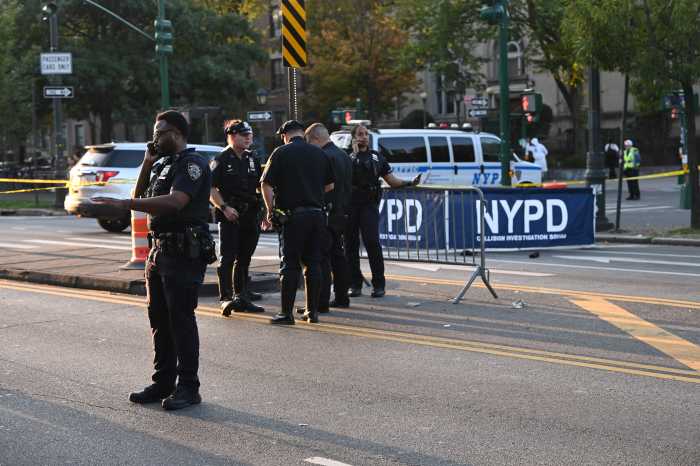Speaker of the House Paul Ryan said he plans to read them. Sen. Kirsten Gillibrand has read them. Hillary Clinton won’t say whether she’s read them.
Now, it should be our turn.
There are 28 redacted pages in the 838-page congressional report regarding the Sept. 11, 2001, terrorist attacks — pages classified by President George W. Bush.
It’s time to allow the rest of America to know what those pages say.
They may shed light on key issues, including who supported the 19 hijackers who carried out the attacks. The official accounting of what happened may give the families of the victims more information and, perhaps, evidence if they are eventually able to sue Saudi Arabia, as proposed in a bill co-sponsored by Sen. Chuck Schumer and Rep. Peter King and others.
Former Florida Sen. Bob Graham, who co-chaired the inquiry that produced the report, has said the pages spell out connections between Saudi Arabia and the hijackers. But even he has hesitated to specify whether the Saudi government is directly implicated in carrying out the attacks, or whether other Saudi organizations or individuals were involved.
Americans need to read the findings for themselves because they need to trust their government, especially on national security issues.
The latest demands for a release of the documents come at a time of strained relations between the United States and Saudi Arabia, a longtime ally. Yet back then, the kingdom presented itself as a strong friend. The historical record needs to be clear as we determine a future path.
The Obama administration has said it is still reviewing the pages to determine whether there’s anything in them that could threaten national security. That review has gone on long enough.
It’s been nearly 15 years since the attacks — and some unanswered questions linger. The answers, or perhaps just clues, may be in those 28 pages.
Make them public. We deserve to know.
